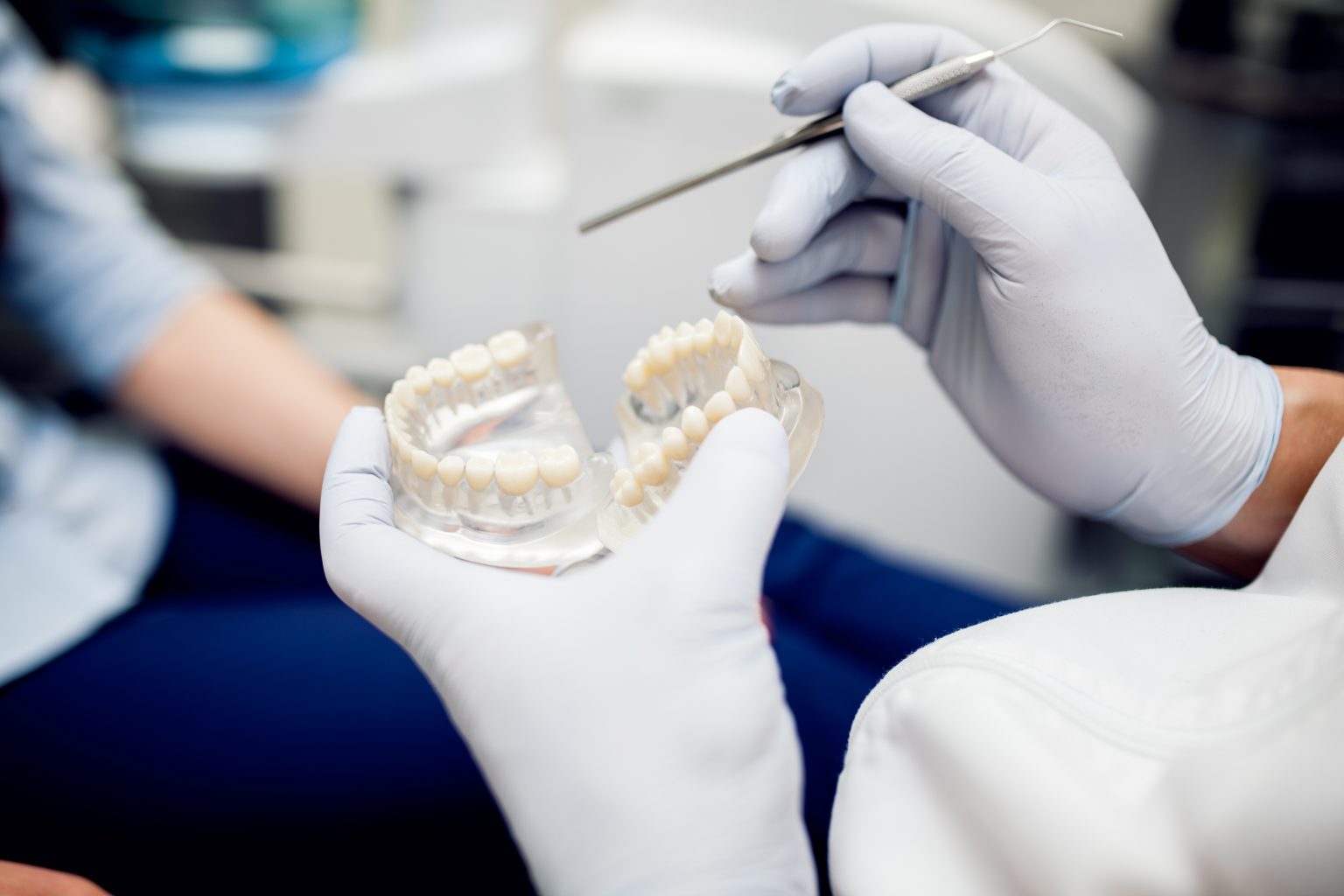Many people have the same opinion that “I hate dental X-rays” because they are usually uncomfortable throughout the procedure. Dental X-rays can be uncomfortable for a lot of people, for whatever reason—the awkwardness of keeping the film in your mouth or the worry about radiation exposure, for example. Nonetheless, raising awareness of the need of dental X-rays and the mounting procedure can allay fears and emphasize how vital they are to preserving good oral health.
What Makes Dental X-Rays Crucial?
Dental X-rays are a necessary tool in preventive dental treatment, despite the general public’s hatred of them. X-rays allow your dentist to view what is going beneath the surface of your teeth and gums. Regular examinations can spot superficial disorders, but X-rays can uncover deeper issues that are hidden from view, like:
Cavities between teeth: Cavities between teeth are hard to find during a routine examination, but an X-ray is a good way to see them.
Bone loss: X-rays can be used to evaluate gum disease-related bone loss.
Infections: X-rays can detect infections or abscesses in the bone early on, even if there are no symptoms.
Impacted teeth: X-rays can be used to identify impacted wisdom teeth before they cause discomfort or harm, particularly in younger patients.
Getting Over Your Pain During Dental X-Rays
The physical procedure itself is frequently the source of discomfort for people who claim, “I hate dental X-rays.” The hard, plastic films inserted in the mouth can feel heavy and cause gagging, while the sensation of holding motionless during the operation may be painful. But there are methods to reduce pain and make the procedure more bearable:
Communication with Your Dentist: If you have any discomfort, let your dentist or dental hygienist know. To lessen discomfort, they can collaborate with you, change the angle, and utilize smaller film or digital sensors.
Breathe Via Your Nose: If your gag reflex is sensitive, concentrate on taking deep breaths via your nose. This may assist in detracting from the feeling of the X-ray film in your oral cavity.
Positioning Adjustments: Ask to have your seating position changed if you find that reclining flat during an X-ray causes you discomfort.
Request Digital X-Rays: Many modern dental offices now use digital X-rays, which often require less time and reduce the need for uncomfortable positioning. Additionally, they produce less radiation than conventional X-rays.
Concerns about Radiation: Are Dental X-Rays Safe?
Fear of radiation exposure is one of the reasons why some people detest dental X-rays. It’s crucial to remember that dental X-rays have very little radiation. According to the American Dental Association (ADA), the amount of radiation exposure from dental X-rays is extremely low and equivalent to just a few days of natural background radiation from the environment.
The Dental X-Ray Mounting Process
Mounting dental X-rays is the act of organizing and interpreting the pictures that are obtained after they are taken. Mounting is a crucial stage that enables the dentist to go over the X-rays methodically and make sure every part of the mouth has been thoroughly checked.
oral X-rays are usually displayed in a certain order to depict the arrangement of your teeth, which facilitates the dentist’s assessment of each individual tooth and your general state of oral health.
Problem Identification: By appropriately mounting X-rays, dentists can detect problems such as decay, irregularities in the bone, or damage to the roots promptly. The best treatment strategy must be determined using this well-organized view.
Clear Communication: Dentists can more easily explain any issues to patients when X-rays are positioned correctly. Patients can comprehend the location of problems and the rationale behind specific treatments when X-rays are organized clearly.
In summary
Though you might find yourself declaring “I hate dental X-rays”, recognizing their significance in dental care can help modify your outlook. oral X-rays are essential for identifying underlying issues, averting more oral problems, and creating efficient treatment schedules. If discomfort or fear of radiation is a problem, discuss with your dentist about ways to make the procedure more comfortable. Furthermore, mounting dental X-rays guarantees that dentists can precisely diagnose and treat any problems, improving long-term oral health.

